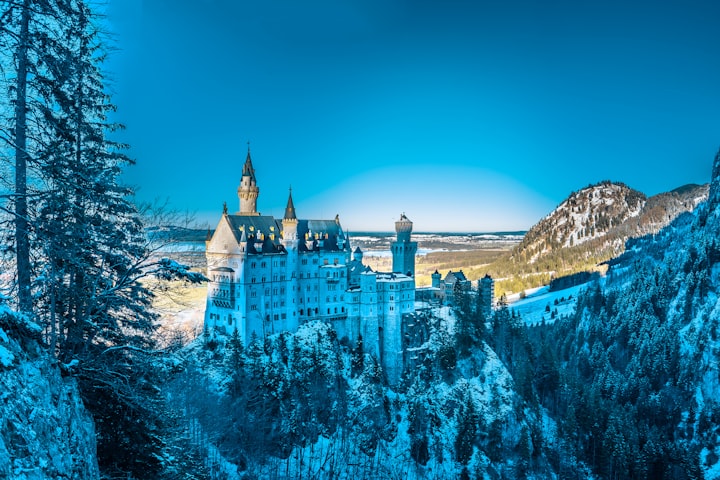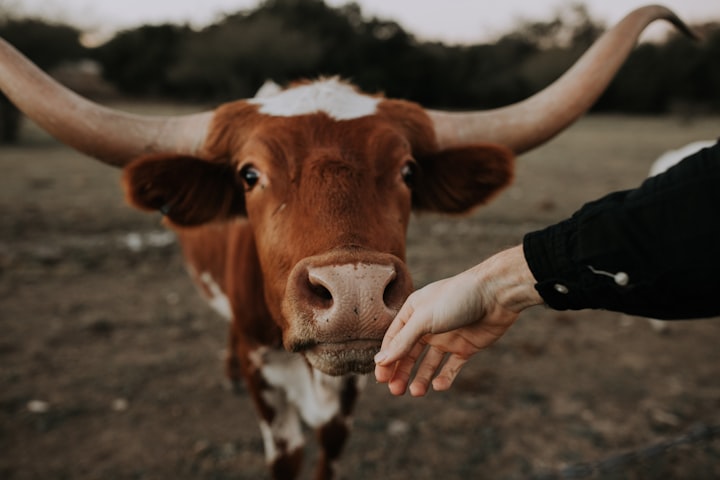Eight Essential German Phrases Every Tourist Needs to Know
If you're going to travel through Germany, know enough of the language to be courteous

While the English language is dominating the world of business, knowing at least a little of the German language will make you seem gracious and approachable. Of course, speak English if your new friends want to practice their language skills, but often a little basic knowledge of the local language goes a long way. Here are eight essential phrases to learn with rough pronunciations that will get you at least in the ball park of communicating your meaning.
- Please, thank you, and you're welcome. - Courtesy should always come first. Even if you know nothing else about another language, these words should always be spoken in the local language. "Please" is Bitte, pronounced BITta. "Thank you" is Danke, pronounced DANka. "You're welcome" is also Bitte, just like the German word for please. You might hear variations, so Gern geschern, sounding a lot like like a signle word GUNgaSHERN meaning "You're very welcome" or vielen Dank meaning "much thanks!" If you make a mistake and say Danka Schern, don't worry, it also means "thanks!"
- I do not speak German. Can you please speak English - Don't forget that "Please" portion! There are a lot of English speakers in the world, but if you don't ask, you often will not know it. That phrase in German is Ich spreche kein Deutsch. Können Sie bitte Englisch sprechen? That phrase sounds like ish SPREKa kine Doitch. CANnin zee BITta engLISH SPREKen?
- Yes and No - While you probably know these words from the movies, it's still an essential that needs to be on the list of any language's essential words. Ja and Nein, sounding like Ya and nine. Don't forget to say, "Yes, please" and "No, thank you", whenever it is called for.
- Where is the restroom? - How can you spend time in any country without knowing this essential phrase? In Germany, ask Wo ist die Toilette, sounding like vo ist dee TOYletta. Don't say "restoom", that's an American word.
- Please help me. - Are you in trouble? Lost? Can't remember if the restroom was up or downstairs? Most people are happy to help. Bitte hilf mir in German sounds like BITta heef mere with that L in hilf being almost silent.
- I would like a sandwich. - There is no limit to the words to learn when asking for something, but a sandwich is common enough that you won't go hungry in most countries. Ich hätte gerne ein Sandwich sounds like ish HATta gern eyen sandwich. Once you learn that a cheese-roll is delicious and the German word for beer is the same as the English word, you'll expand this phrase on your own.
- How are you? I am well. - The two separate phrases are presented here as one phrase since they are used in conjunction with one another. Wie geht es dir? sounds like vee gate ess dear and Mir geht es gut sounds like mere gate as goot (like boot). More casual hellow might simply be Vie gehts!
- Goodbye! - Hopefully your new friends will remember you well, so say goodbye in their language. Auf Wiedersehen means "goodbye" and Tschüss is a casual "Bye!". They are pronounced owf VEEderSANE and choose.
A few more notes:
- A lot of English words came from German, as did much of our grammar, so a word that sounds a lot like an English word very often is the same.
- Use the word Sie to mean "You" in almost every case, unless you are a good enough friend to give them a kidney. The German word Du also means "you", but only for very special people in your life.
- Google Translate has a pronunciation button that can give you a better idea of the actual pronunciation. You might also find it useful to translate complex sentences and play them for people you meet... after you use your own language skills of course.
- Reading German is another matter. The consonants have the same pronunciation, though the "g" sounds almost like a "k". The vowels sometimes have that double dot symbol that makes "o" for instance a distinctly different sound than "ö". And you might see a weird looking capitol B that is really a double "S".
Even with these eight phrases, you won't know nearly enough to live in Germany. You might need the police, a larger room, directions to Munich, a change of clothes, or for the lights to be turned off, but we've reached the point of diminishing returns. Consider this the absolute minimum that a gracious traveler would need to know and expand from there.
Auf Wiedersehn!


About the Creator
Paul Pence
A true renaissance man in the traditional sense of the term, Paul leads a life too full to summarize in a bio. Arts, sciences, philosophy, politics, humor, history, languages... just about everything catches his attention.






Comments
There are no comments for this story
Be the first to respond and start the conversation.